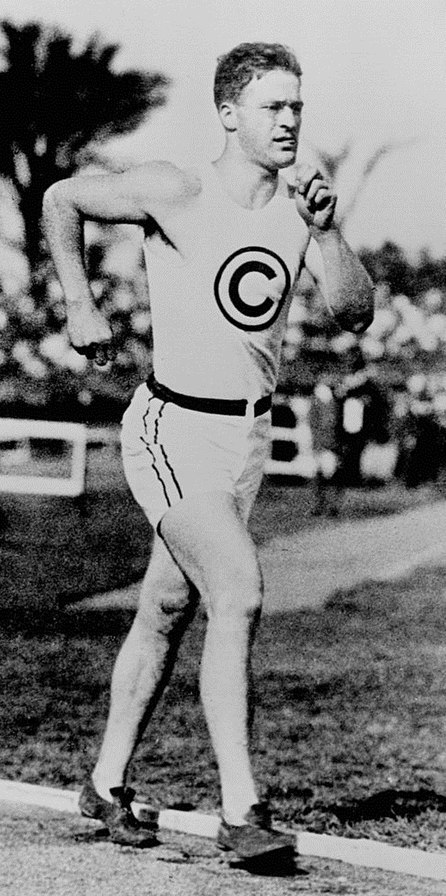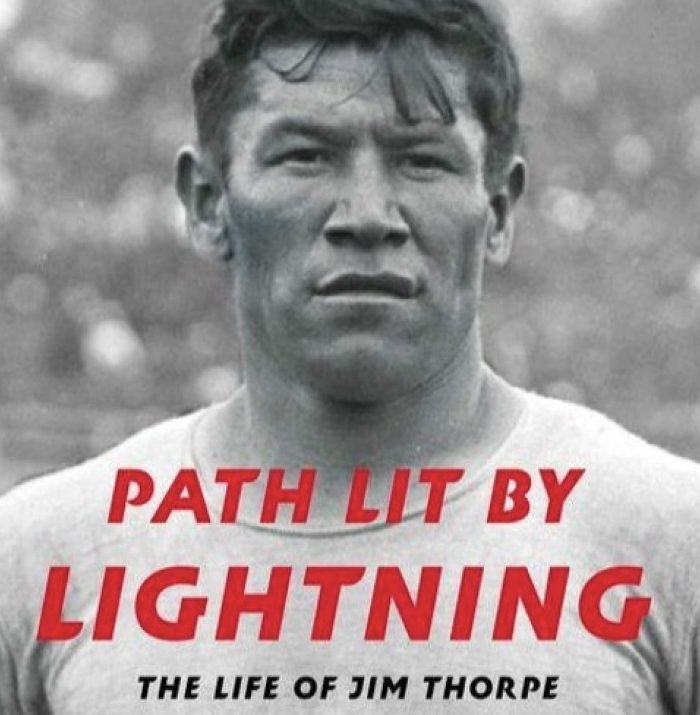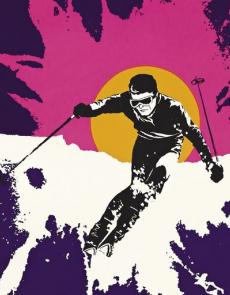SKIING HISTORY
Editor Seth Masia
Managing Editor Greg Ditrinco
Consulting Editor Cindy Hirschfeld
Art Director Edna Baker
Editorial Board
Seth Masia, Chairman
John Allen, Andy Bigford, John Caldwell, Jeremy Davis, Kirby Gilbert, Paul Hooge, Jeff Leich, Bob Soden
Founding Editors
Morten Lund, Glenn Parkinson
To preserve skiing history and to increase awareness of the sport’s heritage
ISHA Founder
Mason Beekley, 1927–2001
ISHA Board of Directors
Rick Moulton, Chairman
Seth Masia, President
Wini Jones, Vice President
Jeff Blumenfeld, Vice President
John McMurtry, Vice President
Bob Soden (Canada), Treasurer
Richard Allen, Skip Beitzel, Michael Calderone, Dick Cutler, Wendolyn Holland, Ken Hugessen (Canada), David Ingemie, Joe Jay Jalbert, Henri Rivers, Charles Sanders, Einar Sunde, Christof Thöny (Austria), Ivan Wagner (Switzerland)
Presidential Circle
Christin Cooper, Billy Kidd, Jean-Claude Killy, Bode Miller, Doug Pfeiffer, Penny Pitou, Nancy Greene Raine
Executive Director
Janet White
janet@skiinghistory.org
Membership Services
Jamie Coleman
(802) 375-1105
jamie@skiinghistory.org
Corporate Sponsorships
Peter Kirkpatrick
(541) 944-3095
peterk10950@gmail.com
Bimonthly journal and official publication of the International Skiing History Association (ISHA)
Partners: U.S. Ski and Snowboard Hall of Fame | Canadian Ski Museum and Hall of Fame
Alf Engen Ski Museum | North American Snowsports Journalists Association | Swiss Academic Ski Club
Skiing History (USPS No. 16-201, ISSN: 23293659) is published bimonthly by the International Skiing History Association, P.O. Box 1064, Manchester Center, VT 05255.
Periodicals postage paid at Manchester Center, VT and at additional mailing offices. Postmaster: Send address changes to ISHA, P.O. Box 1064, Manchester Center, VT 05255
ISHA is a 501(c)(3) public charity. EIN: 06-1347398
Written permission from the editor is required to reproduce, in any manner, the contents of Skiing History, either in full or in part.
Letters: Jim Thorpe, Avery Brundage, Sugarloaf T-bars
Justice Served: Jim Thorpe’s 1912 Gold Medals Restored
In my article “Pro vs. Am” (July-August 2022), I discussed the historic conflict between the concepts of amateurism and professionalism in skiing and Olympic sports. The most tragic victim of this conflict was Jim Thorpe, who won two gold medals in the 1912 Olympic Games in the decathlon and pentathlon, two of the most difficult of all sporting events.
Thorpe dominated the 1912 Olympic Games, with Swedish King Gustav V telling him at the medal ceremonies, “Sir, you are the greatest athlete in the world.” However, Thorpe had earned $25 a week while playing semi-professional baseball before his Olympic career, and in 1913, he was stripped of both medals by the International Olympic Committee (IOC) under the era’s strict rules governing amateurism. Historians consider this action to be a combination of racism against Thorpe, who was Native American, and a rigid adherence to the idea of amateurism.
In 1982, the IOC partially restored Thorpe’s 1912 successes by declaring him co-winner of the two medals. But that partial victory is now complete. In July, the IOC announced that Thorpe is now officially recognized as the sole winner of the decathlon and pentathlon at the 1912 Stockholm Games, while the two athletes who received the medals after they were stripped from Thorpe will be recognized as co-silver medalists of their events. When Thorpe died in 1953, the New York Times called him “probably the greatest natural athlete the world had seen in modern times.”
John W. Lundin
Seattle, Washington

competed with Jim Thorpe, and
lost.
Amateur Athletes? Hardly
John Lundin (“Pro vs. Am,” July-August 2022) is right to point out Avery Brundage’s hypocritical stands on amateurism in Olympic competition. But Brundage’s hypocrisy went beyond the unfortunate examples Lundin cites. Even though most Soviet Union and Soviet Bloc Olympians (and other top athletes) were supported by their governments, Brundage saw no problem in their participation in the Olympics. The value of that government support far exceeded the value of prizes or endorsements that led Brundage to disqualify famous athletes such as Karl Schranz. Athletes from the Soviet Union and the states it dominated were often paid by the military or other state institutions without having to do much other than train and compete. Some amateurs!
Ivo Krupka
Former President
Canadian Ski Hall of Fame and Museum
Ottawa, Canad
T-Bar Timeline
I have a correction to make about the Sugarloaf poster in the “Many Gems at Swann’s Winter Auction” (May-June 2022). Those are all T-bars, not chairlifts, on the poster. The poster was created later than 1955. The lower of the tandem T-bars was built in the summer of 1956; the upper T-bar was built the next summer. The lower left T-bar was built later. 
Jean Luce
Carrabassett Valley, Maine
Correction
Due to an editing error, we reported in the July-August issue that Hedda Bernsten and her husband, Tyler Conrad, spend summers in New England. In fact, they live near the ski resort of Hemsedal, Norway, in the winter and in coastal Tønsberg, in the summer.
Table of Contents
WORLD CHAMPIONSHIP ($3,000+)
BerkshireEast/Catamount Mountain Resorts
Gorsuch
Warren and Laurie Miller
Sport Obermeyer
Polartec
CHAMPIONSHIP ($2,000)
Fairbank Group: Bromley, Cranmore, Jiminy Peak
Hickory & Tweed
Rossignol
Snowsports Merchandising Corporation
WORLD CUP ($1,000)
Aspen Skiing Company
Atomic USA
Bogner of America
Boyne Resorts
Dale of Norway
Darn Tough Vermont
Dynastar/Lange/Look
Gordini USA Inc/Kombi LTD
Head Wintersports
Intuition Sports
Mammoth Mountain
Marker/Völkl USA
National Ski Areas Association
North Carolina Ski Areas Association
Outdoor Retailer
Ski Area Management
Ski Country Sports
Sports Specialists Ltd
Sugar Mountain Resort
Sun Valley Resort
Vintage Ski World
World Cup Supply
GOLD MEDAL ($700)
Larson's Ski & Sports
Race Place/Beast Tuning Tools
The Ski Company (Rochester NY)
Thule
SILVER MEDAL ($500)
Alta Ski Area
Boden Architecture PLLC
Dalbello Sports
Deer Valley
EcoSign Mountain Resort Planners
Elan
Fera International
Holiday Valley Resort
Hotronic USA/Wintersteiger
Kulkea
Leki
Masterfit Enterprises
McWhorter Driscoll LLC
Metropolitan New York Ski Council
Mt. Bachelor
New Jersey Ski & Snowboard Council
Nils
Russell Mace Vacation Homes
SchoellerTextil
Scott Sports
Seirus Innovations
SeniorsSkiing.com
Ski Utah
Snowbird Ski & Summer Resort
Steamboat Ski & Resort Corp
Sundance Mountain Resort
Swiss Academic Ski Club
Tecnica Group USA
Timberline Lodge and Ski Area
Trapp Family Lodge
Wendolyn Holland
Western Winter Sports Reps Association
World Pro Ski Tour


